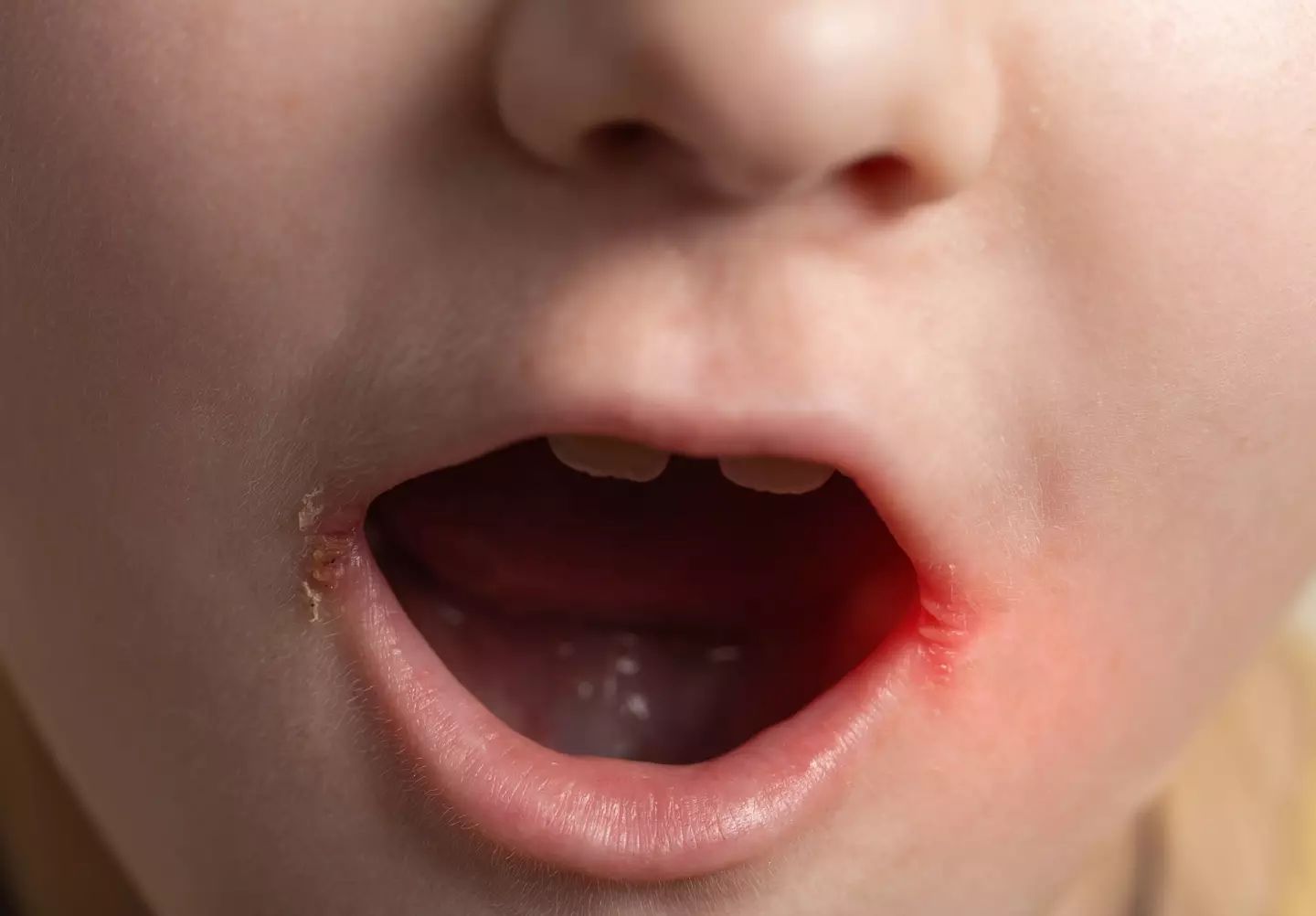Could Nutritional Deficiencies Be the Problem?
Sometimes, angular cheilitis isn’t just about bacteria or yeast. It could be a sign of a chronic problem. Low iron and vitamin B12 levels can weaken your body’s ability to heal cracked skin. If you think this might be it, talk to a healthcare provider for blood tests and advice on supplements.

Winter Lip Care for Minor Dryness
Not all chapped lips mean a big problem. For minor dryness from winter, these simple steps help:
- Hydrate: Drink lots of water to keep lips moisturized from within.
- Use Lip Balm with SPF: Protect lips from cold and UV rays.
- Gently Exfoliate: Remove dead skin with a soft – bristle toothbrush or a gentle sugar scrub.
- Avoid Irritants: Stay away from flavored or scented lip products that can irritate.
When to See a Professional
If your chapped lips don’t get better even with good care, or if you have recurring sores, redness, or pain at the corners of your mouth, see a healthcare provider. Early help can prevent problems and solve the issue effectively.
Conclusion: Don’t Ignore Persistent Chapped Lips
Winter can make your skin dry and lips cracked. But persistent chapped lips might mean something more serious. Whether it’s angular cheilitis from bacteria or yeast, or a nutritional deficiency, fixing the root cause is key for long – term relief.
Remember, lip balm can soothe minor dryness, but it won’t fix infections or deficiencies. Pay attention to your body, take precautions, and if you suspect a big problem, don’t hesitate to get expert advice. Your lips will be grateful!